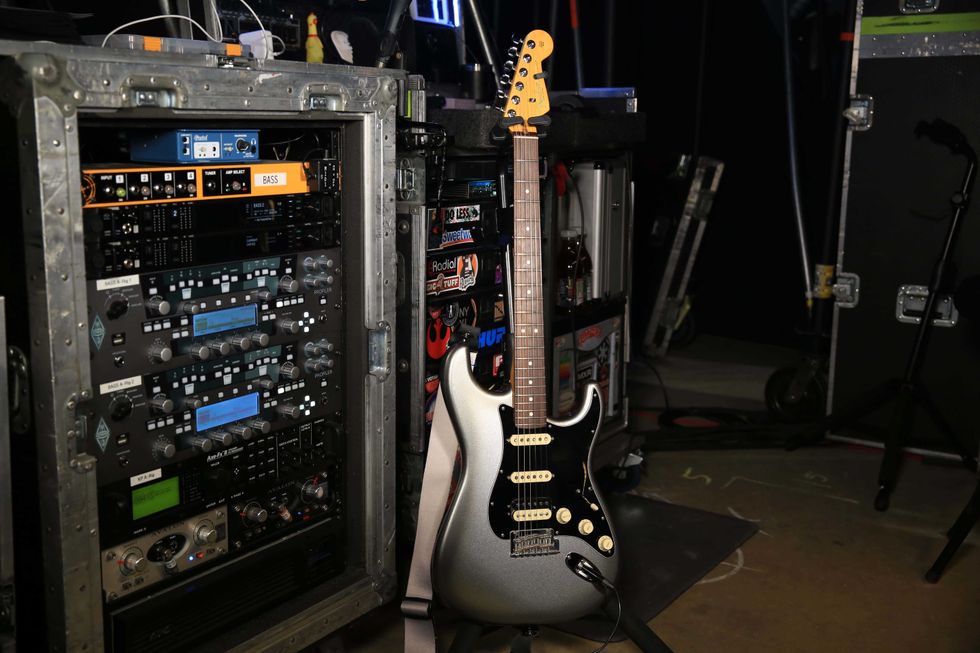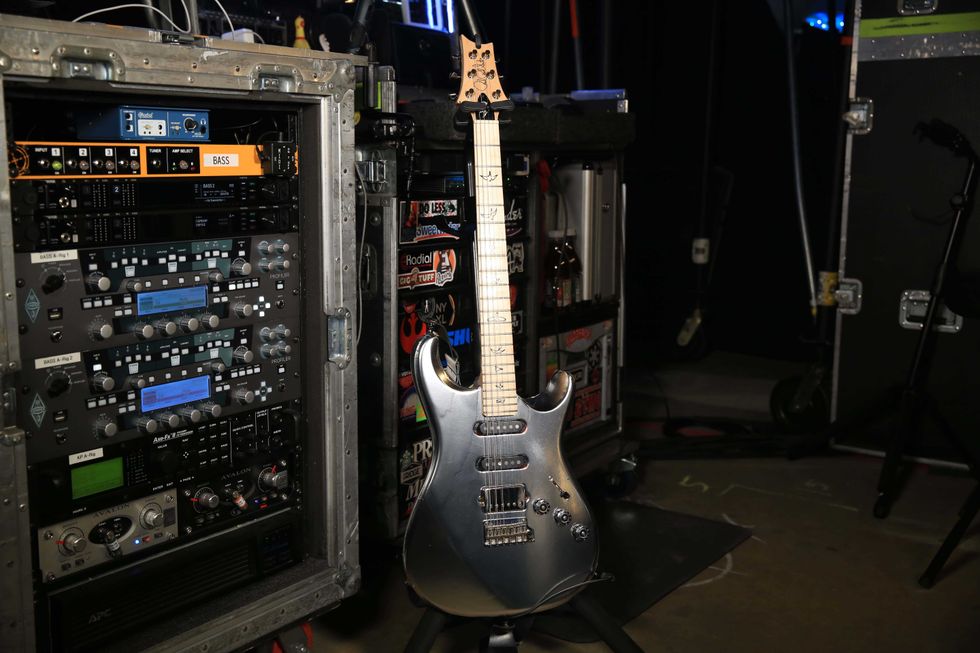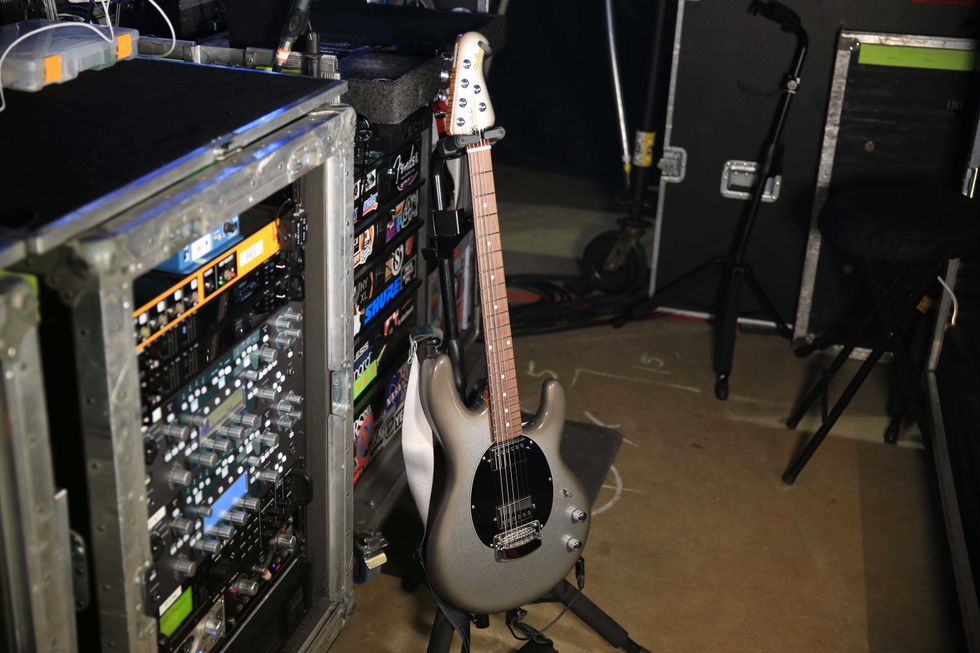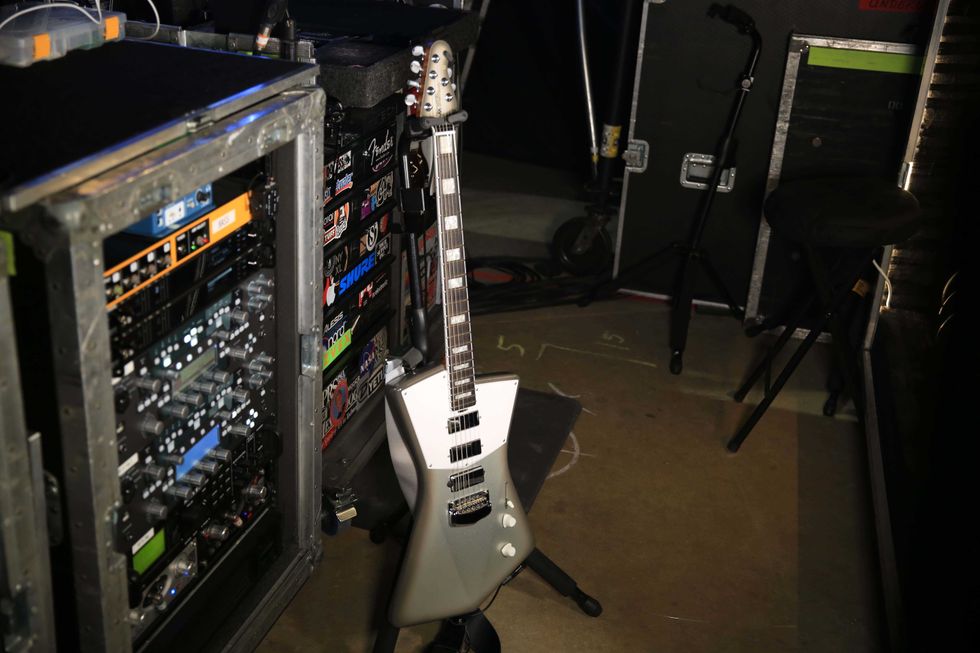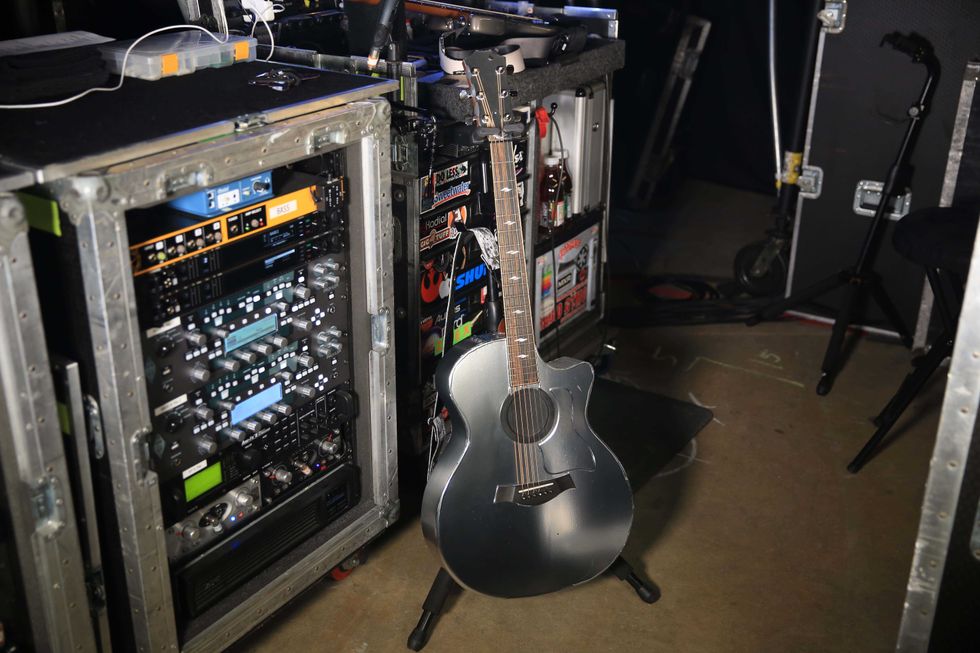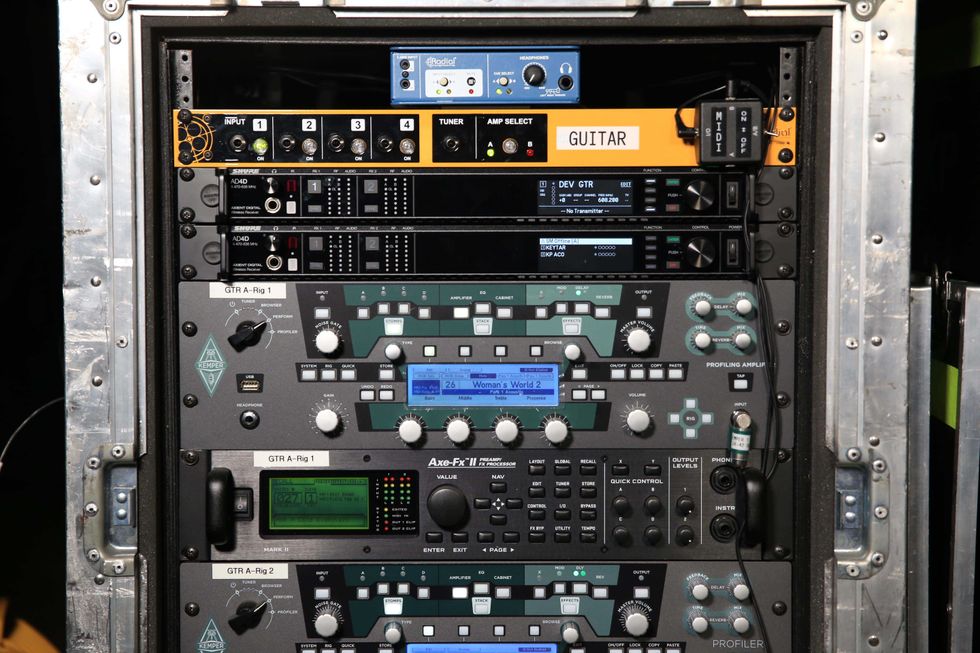“You want there to be moments where something unexpected hits you,” says Dean Wareham. “They’ve done studies on this. What is it in a song that makes people cry? What is it that moves you? It’s something unexpected.”
The singer-songwriter, 61, has crafted many such moments—most famously during the late ’80s and early ’90s, helping cement the dream-pop genre with cult-favorites Galaxie 500. Take the tenor saxophone, by Ralph Carney, that elevates the back half of “Decomposing Trees” from 1989’s On Fire, or the Mellotron-like atmosphere that bubbles up during “Spook” on This Is Our Music from 1990—both of which, notably, were recorded with journeyman producer Kramer, who’s part of Wareham’s rich sonic universe once again with the songwriter’s new solo album, That’s the Price of Loving Me.
Following This Is Our Music, the final Galaxie 500 album, Wareham and Kramer went their separate ways. The former founded the long-running indie-rock band Luna, formed the duo Dean & Britta with now-wife Britta Phillips, worked on film scores, and released a handful of solo projects. Kramer, meanwhile, grew into a hero of experimental music, playing with and producing everyone from John Zorn to Daniel Johnston. They stayed in touch, even as they drifted apart geographically, and always talked about working together again—but it took the weight of mortality to make it happen.
“[Kramer has] been saying for years, ‘It’s crazy we haven’t made a record together,’” says Wareham over Zoom, his shimmering silver hair flanked in the frame by a wall-hung cherry red Gibson SG and a poster of Rainer Werner Fassbinder’s 1975 drama Faustrecht der Freiheit. “He was living in Florida, and I was living elsewhere and doing other things. But I did lose a couple of friends over the pandemic, and it did occur to me, you can’t just say, ‘I’ll get to it’ forever. Not to be morbid, but we’re not gonna be here forever. We’re not getting any younger, are we?”
Dean Wareham's Gear

Wareham was a member of the early indie dream-pop trio Galaxie 500. After their split, he formed indie rock stalwarts Luna as well as Dean & Britta, with wife and Luna bandmate Britta Phillips.
Photo by Laura Moreau
Guitars
Amps
- Lazy J 20
- Mesa/Boogie California Tweed
Effects
- EAE Hypersleep reverb
- EAE Sending analog delay
- Dr Scientist Frazz Dazzler fuzz
- Danelectro Back Talk
- Joe Parker Raydeen overdrive
Strings, Picks, and Accessories
- Curtis Mangan nickel wounds (.010–.046)
- Dunlop Nylon .88 mm picks
- Truetone 1 Spot Pro CS12
In 2020, Dean & Britta recorded a covers album, Quarantine Tapes—the perfect opportunity, amid the agony of lockdown, to finally get Kramer involved. The producer mixed their hazy version of the Seekers’ “The Carnival Is Over,” which planted the seeds for a bigger collaboration on That’s the Price of Loving Me. At first, though, Wareham didn’t have any songs, so he gave himself a hard deadline by booking some time at L.A. studio Lucy’s Meat Market.
“What is it in a song that makes people cry? What is it that moves you? It’s something unexpected.”
“I don’t write songs every day—sometimes I don’t write songs for a whole year or something,” he says with a laugh. “The only thing that gets me to do it is booking studio time. Then I have to write some songs because it’ll be embarrassing if I show up with nothing.”
The space itself—decked out with a jaw-dropping amount of vintage guitars and amplifiers and keyboards—helped animate his sleepy-eyed and gently psychedelic songs. “I thought I had a few nice instruments,” Wareham says, “but I showed up, like, ‘Oh, your Les Paul’s from 1955? I think I’ll play this one. Your Martin is from the ’40s?’” Speed and spontaneity were essential: They worked six full days, with Kramer guiding him to capture every performance without overthinking it.

Wareham’s latest was produced by Kramer, a former member of Shockabilly, Bongwater, and the Butthole Surfers who owns the legendary underground label Shimmy-Disc. He produced all three Galaxie 500 LPs.
“[That’s] how I worked with Kramer back in the day too,” he recalls. “Maybe it kinda spoiled me—he was always like, ‘Yep, that’s it. Next!’ I got lazy about going back and redoing things. We’d make the decision and move on: keep that drum track and bass track. Maybe Britta [bass, backing vocals] would change a few things. Sometimes you’re with people who think every single thing should be replaced and made perfect, and you don’t actually have to do that. When it came time for me to overdub a guitar solo or something, Kramer would just allow me two takes generally: ‘Do it again a little differently. That’s it. That’s good.’”
“I thought I had a few nice instruments, but I showed up, like, ‘Oh, your Les Paul’s from 1955? I think I’ll play this one.’”
The material itself allowed for such malleability, with ringing chord progressions and gentle melodies often influenced by the musicians who happened to be gathered around him that day. “You Were the Ones I Had to Betray” has the baroque-pop sweetness of late-’60s Beatles, partly due to the sawing cellos of L.A. session player Gabe Noel, who also added some boomy bass harmonica to the climax. “It’s an instrument you’d mostly associate with the Beach Boys, I guess,” Wareham says. “It kinda sounds like a saxophone or something.”
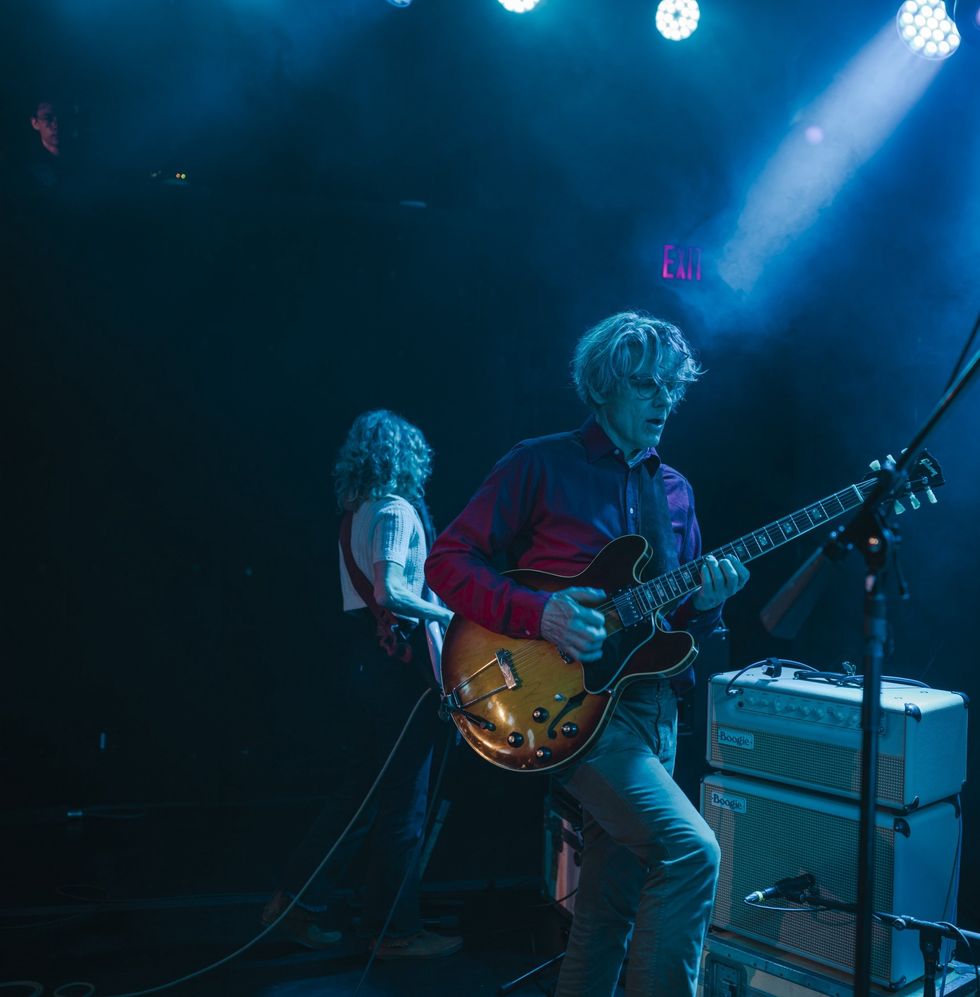
Wareham, his 335, and Mesa/Boogie California Tweed at a recent Luna show, with bassist Britta Phillips in the background.
Photo by Mario Heller
It’s easy to get wrapped up in the warm hug of these arrangements, but it’s also worth highlighting Wareham’s lyrics—whether it’s the clever but subtle acrostic poetry of “The Mystery Guest” (“I’d never done that before, and it’s not that hard to do actually. Sometimes it’s just to give yourself a strange assignment to get yourself thinking in a different way”) or the hilarity of “We’re Not Finished Yet,” which scans as carnal but is actually a love letter to his semi-recently acquired 1968 Gibson ES-335.
“Sometimes it’s just to give yourself a strange assignment to get yourself thinking in a different way.”
“I read this poem about a guy polishing an antique wooden cabinet or something,” Wareham explains. “I thought, ‘That’s funny—it’s vaguely sexual, how he’s like rubbing this thing.’ I thought it would be funny if I wrote a song not about a piece of furniture but about the guitar—the experience of buying this. The lyrics in there: ‘I waxed you; I rubbed you; I reamed you.’ It all sounds like a dirty song, but it’s like, ‘No, I had to get the peg holes reamed!’ It works kind of as a love song, but that’s what it’s really about.”
Which brings us back to that idea of the unexpected. The most beautiful touches on Loving Me, crafted with his ol’ producer pal, are the ones that appear out of nowhere—like the blossoming guitar overdubs of “New World Julie” and “Dear Pretty Baby.” Kramer, he says, liked to “run two or three guitar tracks at once, where it becomes a symphony of guitars.”
These surprises, indeed, are the moments that stick with you.
YouTube It
Luna’s four-song performance on KEXP showcases Dean Wareham’s sparse, low-key indie rock vibe as well as his simple and sweet guitar embellishments.

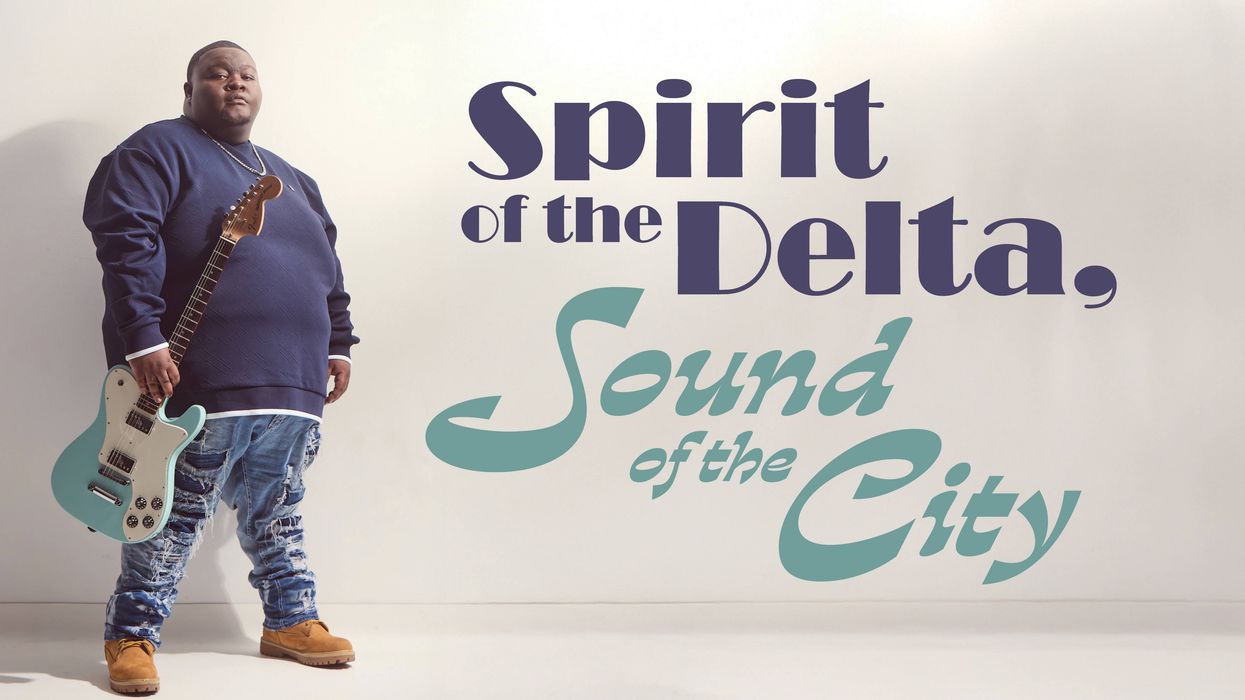


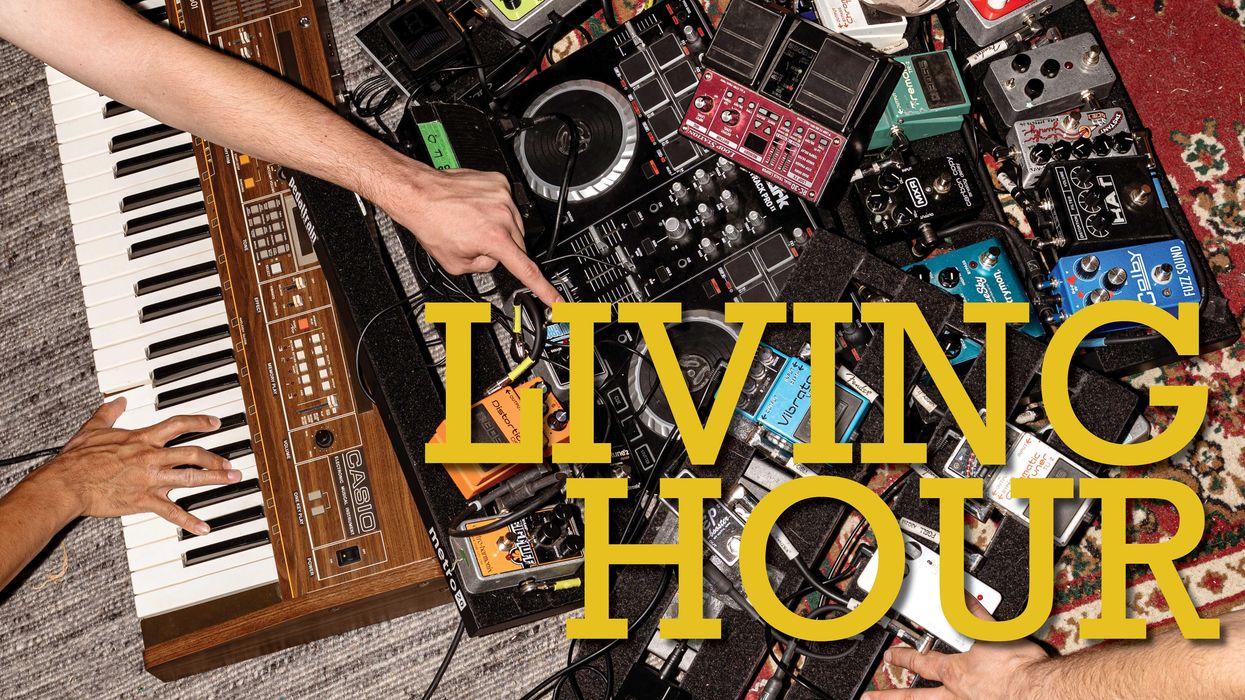

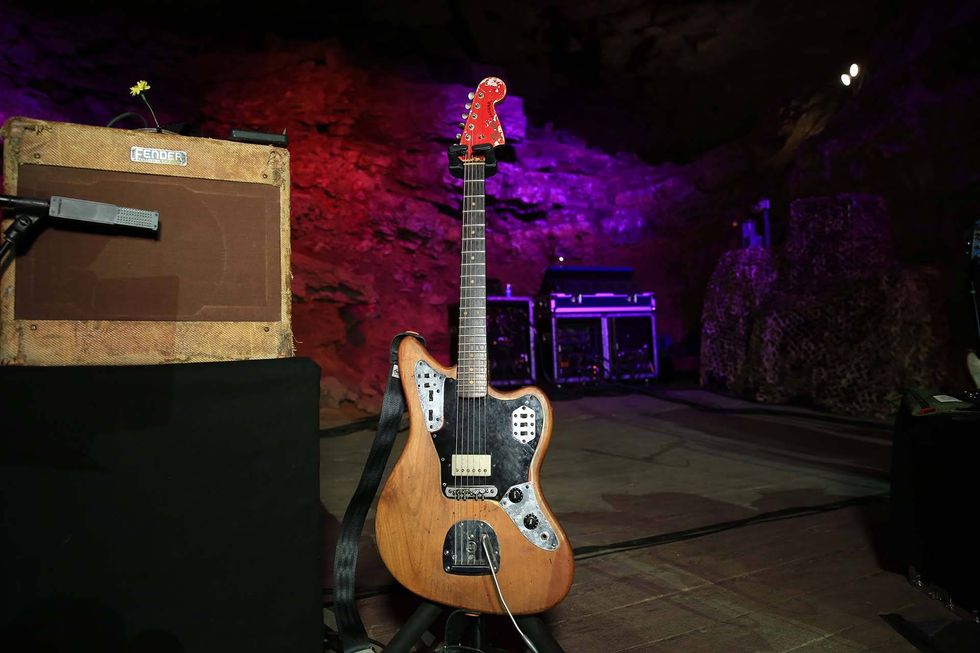
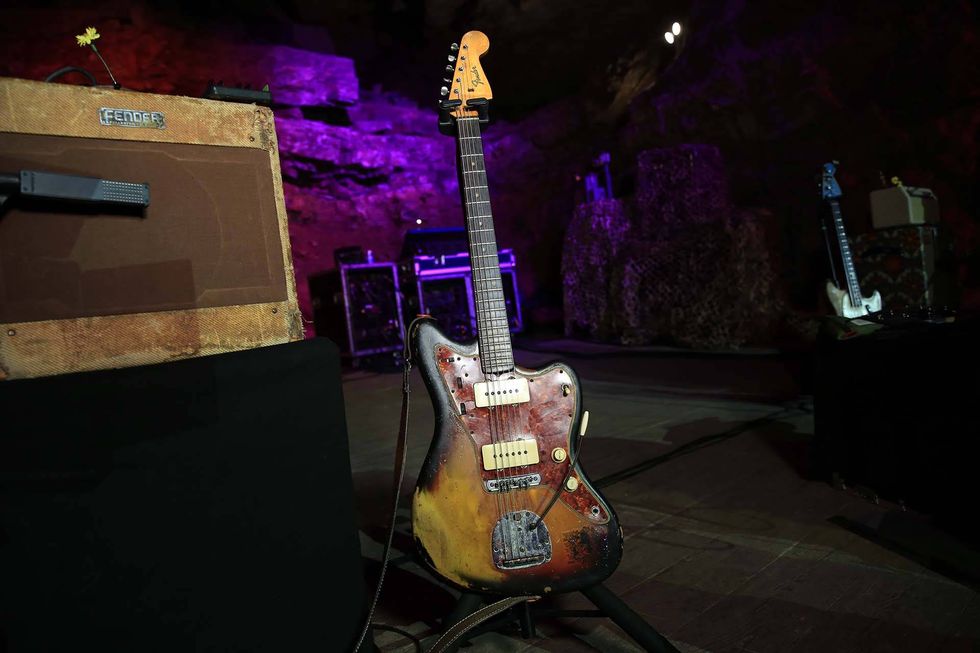
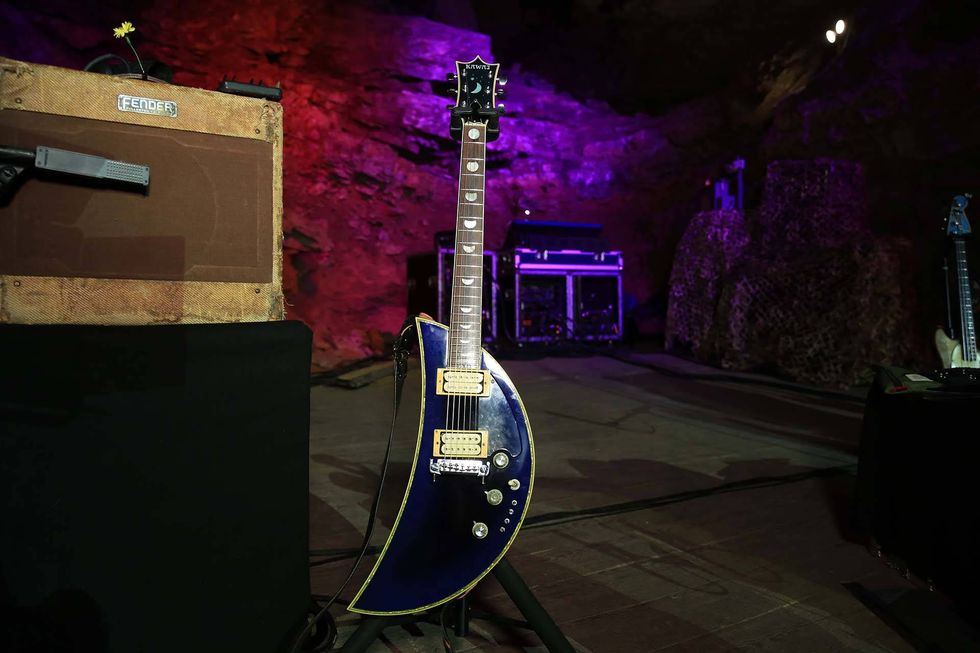
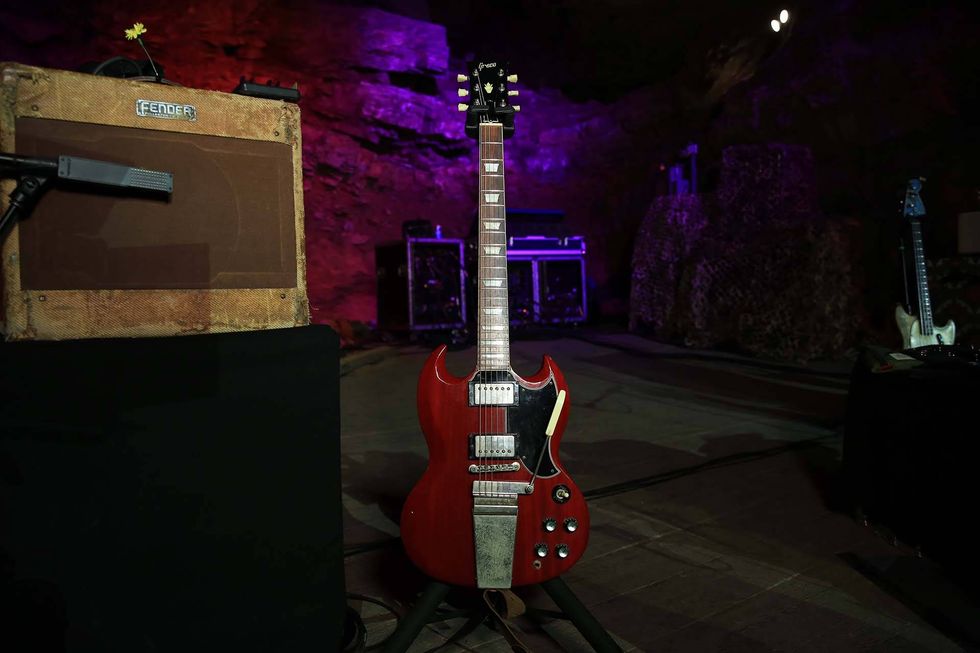
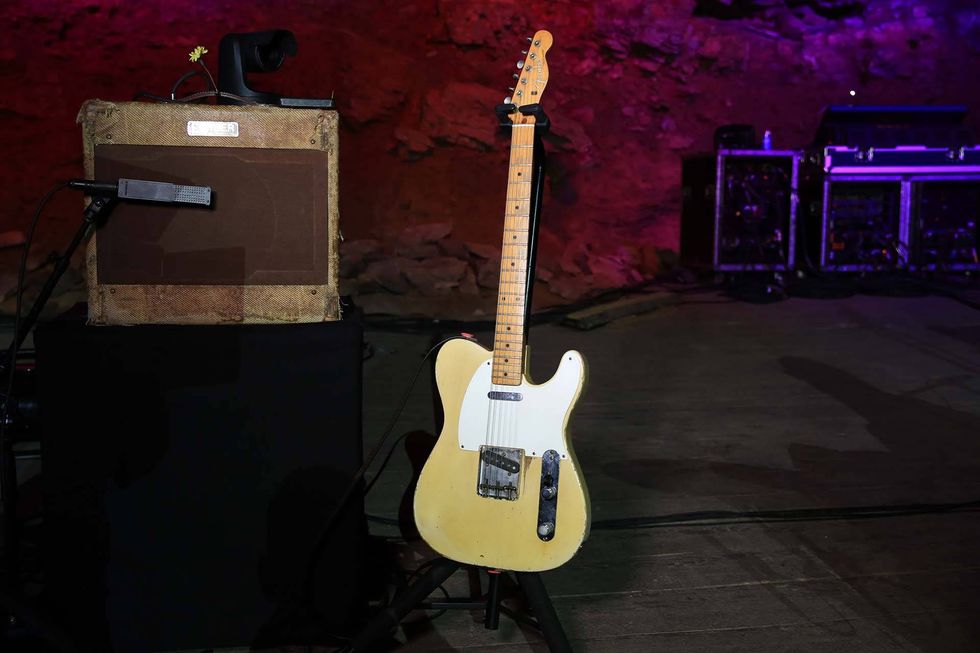
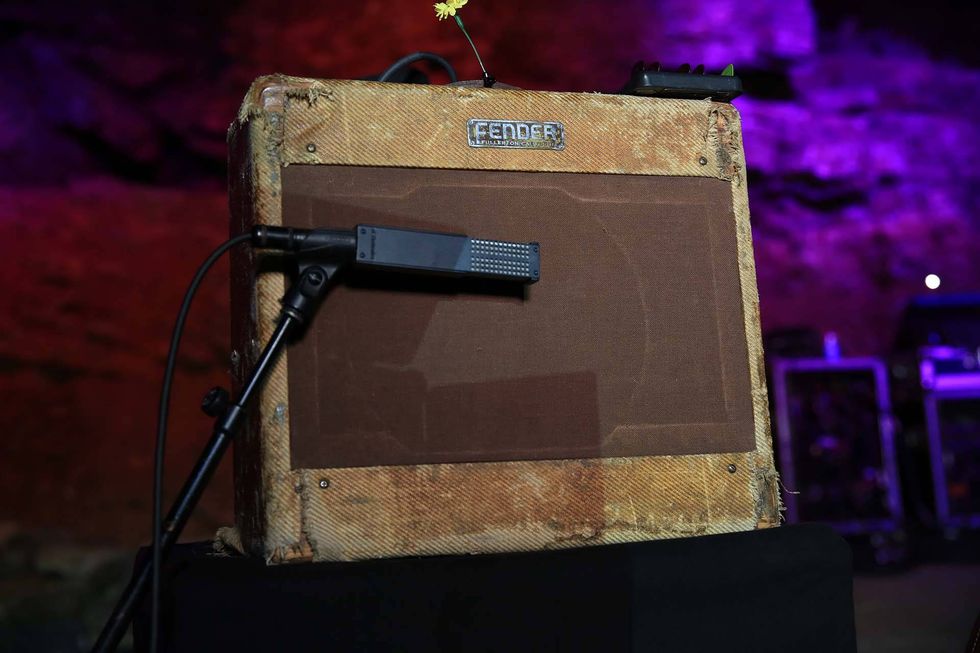
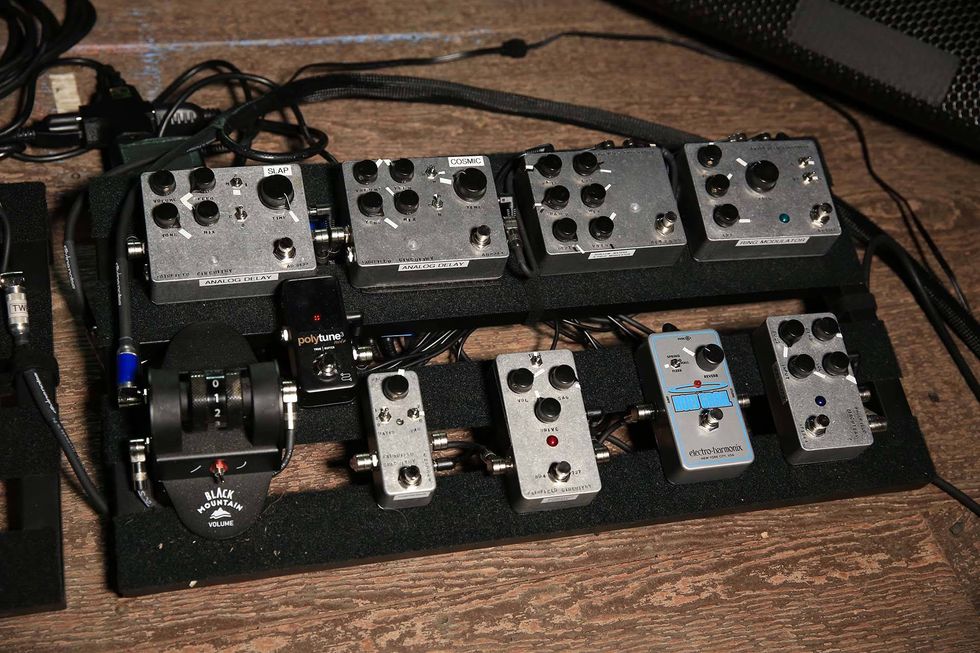
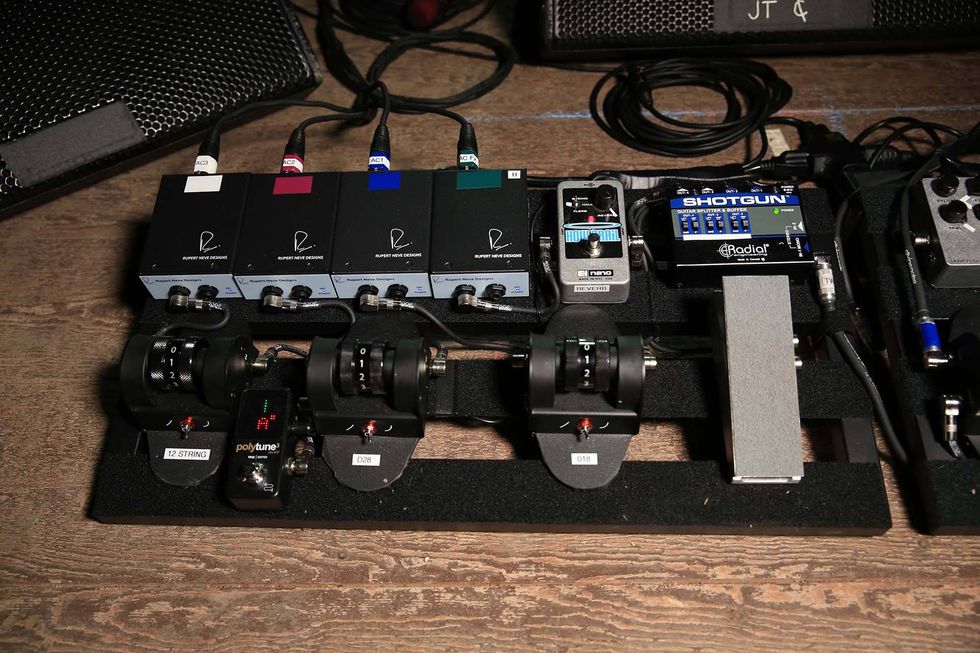

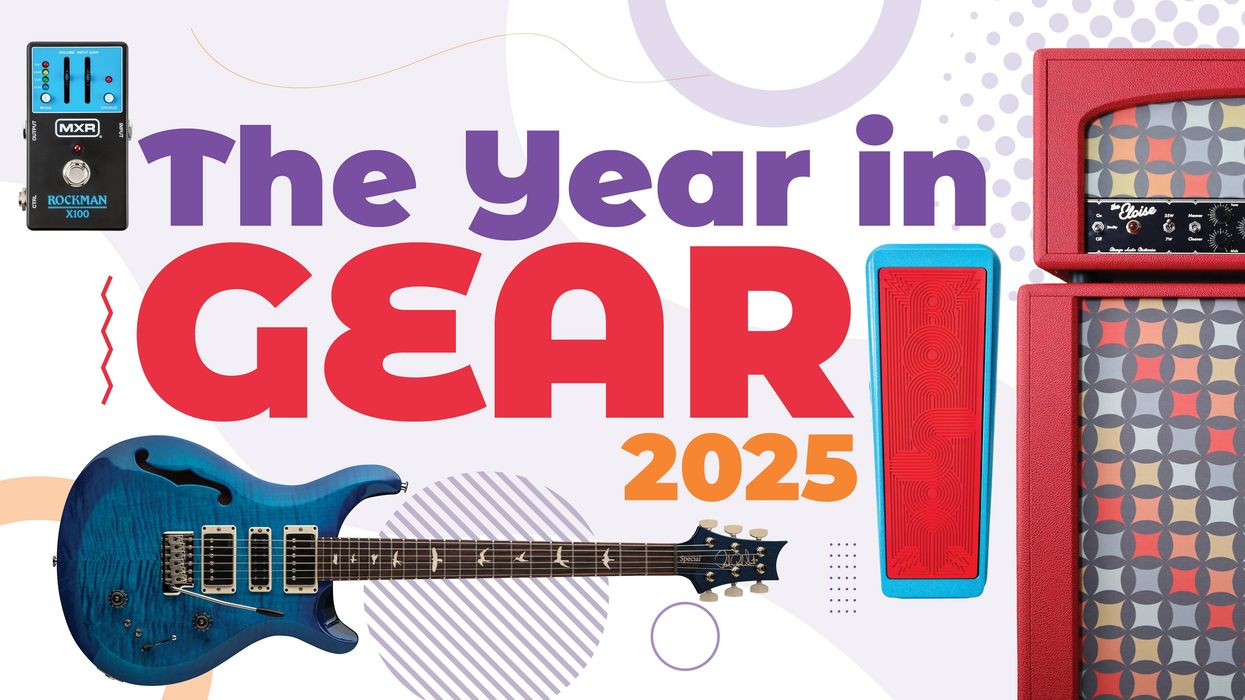
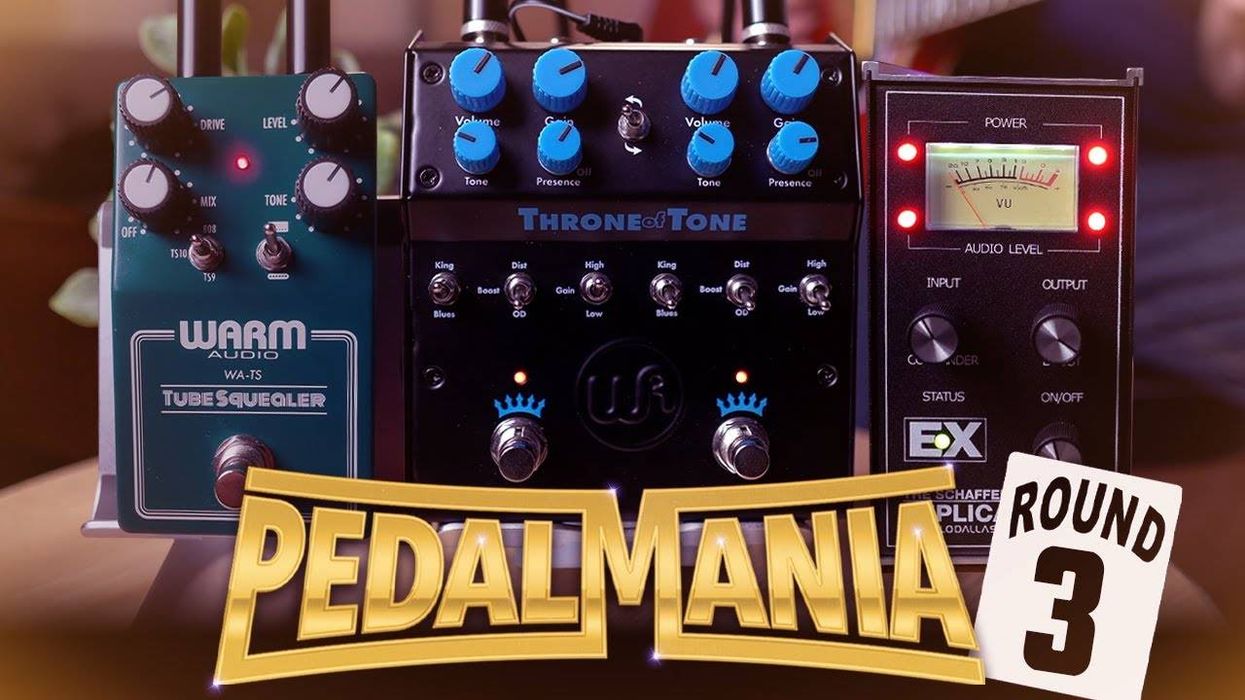

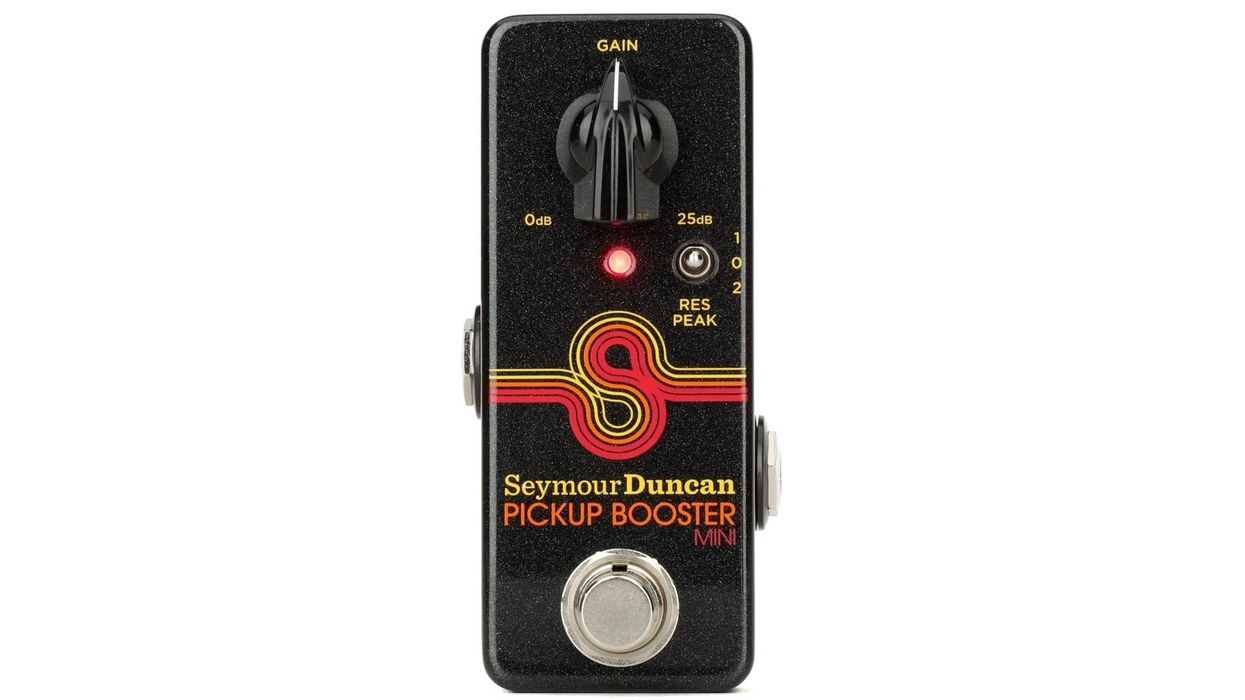
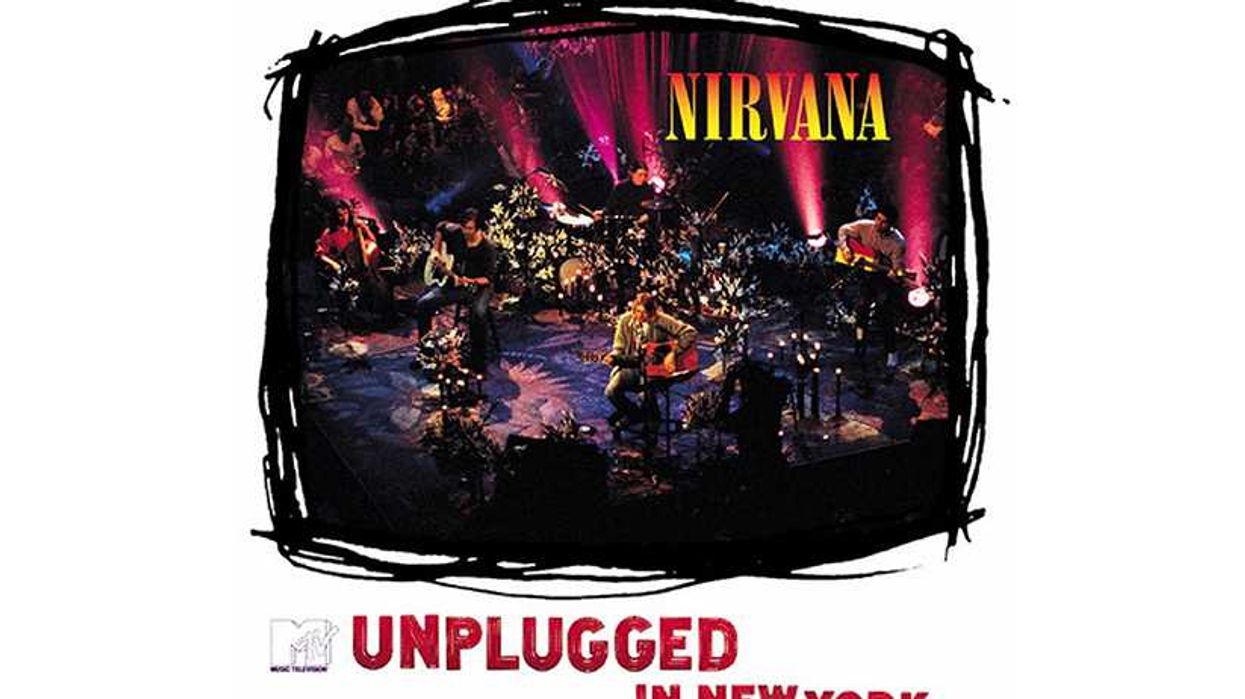
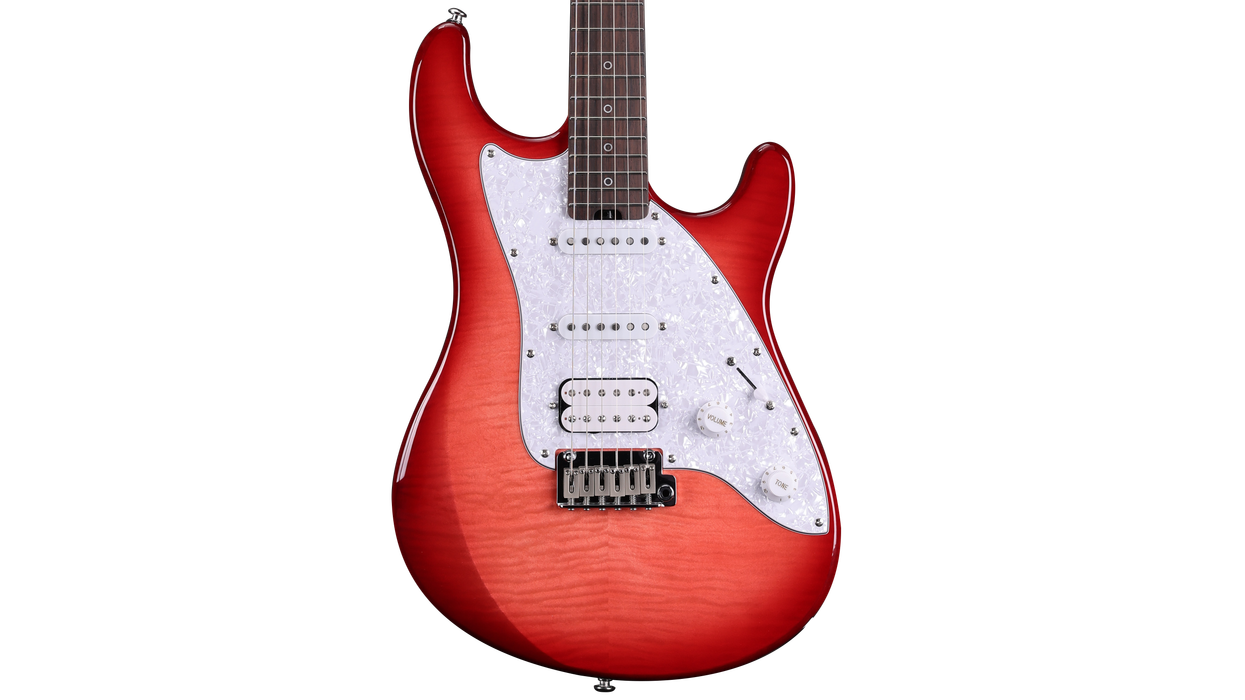
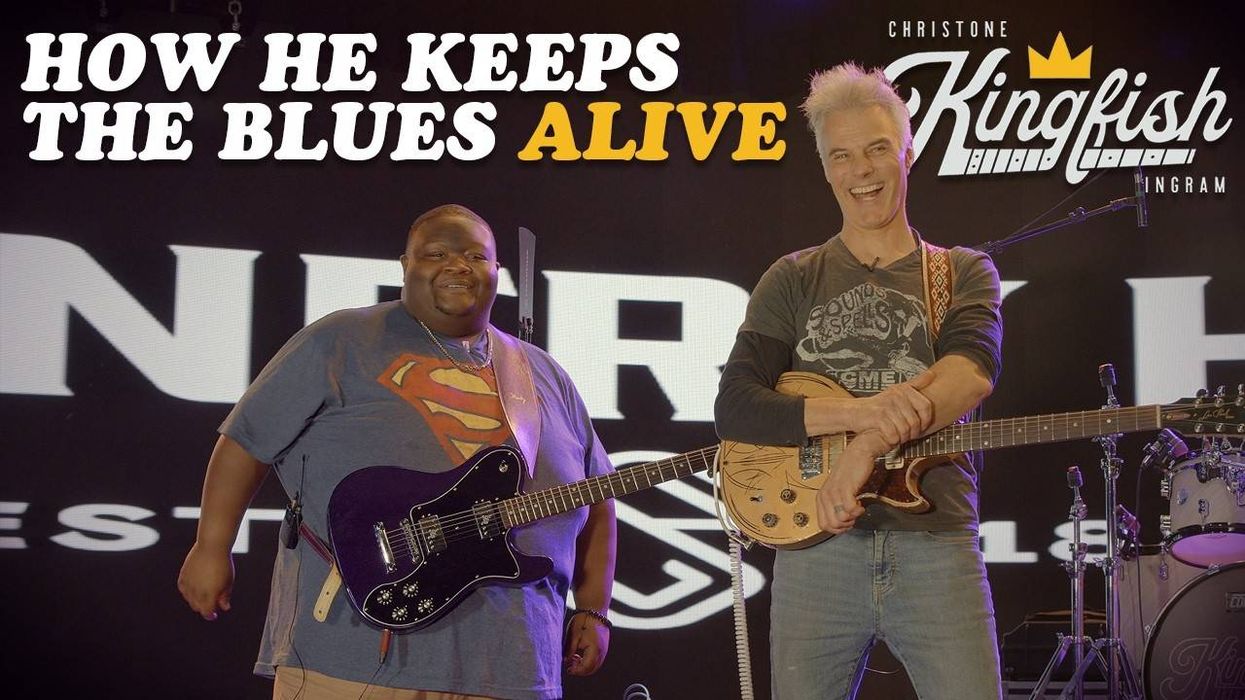
![Rig Rundown: AFI [2025]](https://www.premierguitar.com/media-library/youtube.jpg?id=62064741&width=1245&height=700&quality=70&coordinates=0%2C0%2C0%2C0)












![Devon Eisenbarger [Katy Perry] Rig Rundown](https://www.premierguitar.com/media-library/youtube.jpg?id=61774583&width=1245&height=700&quality=70&coordinates=0%2C0%2C0%2C0)
